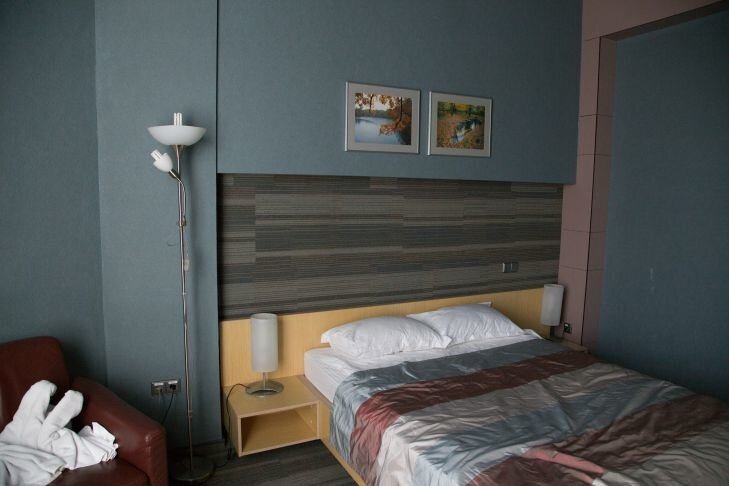Why do people twitch when they sleep: experts explain this phenomenon
During sleep, a person may twitch, and this phenomenon can cause anxiety.
Experts from all over the world have long noticed this and tried to answer the question.
What are night twitches?
Night twitching, or myoclonic actions, are spontaneous and involuntary movements of the limbs during sleep.
They can occur at different stages of sleep, but are most often observed during the REM stage of deep sleep.
Sleep stages and night twitches
Interestingly, the most frequent night twitching is observed precisely at the REM stage of sleep (rapid eye movement sleep), when brain activity increases and muscles are paralyzed.

This phenomenon has raised many questions among doctors: Why do the most intense night twitching occur when the muscles should be most relaxed?
What is the explanation?
Experts explain that the real cause of night twitching is still not entirely clear.
However, there are several theories that are worth considering. It is also worth remembering that the reasons may differ, so it is important to look at such a situation comprehensively.
Evolutionary theory
One theory is that the night twitching may be linked to ancestors who slept in trees.
This could have been a protective mechanism to prevent falling from the branches.
Stress response
Another theory suggests that night twitching may be the body's response to stress or internal biological processes, such as changes in brain chemical levels.
Neurological dysfunctions
There is also a suggestion that night twitching may be a consequence of some neurological dysfunctions or disorders, although no definitive studies have been conducted on this matter.
Earlier we talked about why skin gets dry in the cold season.
